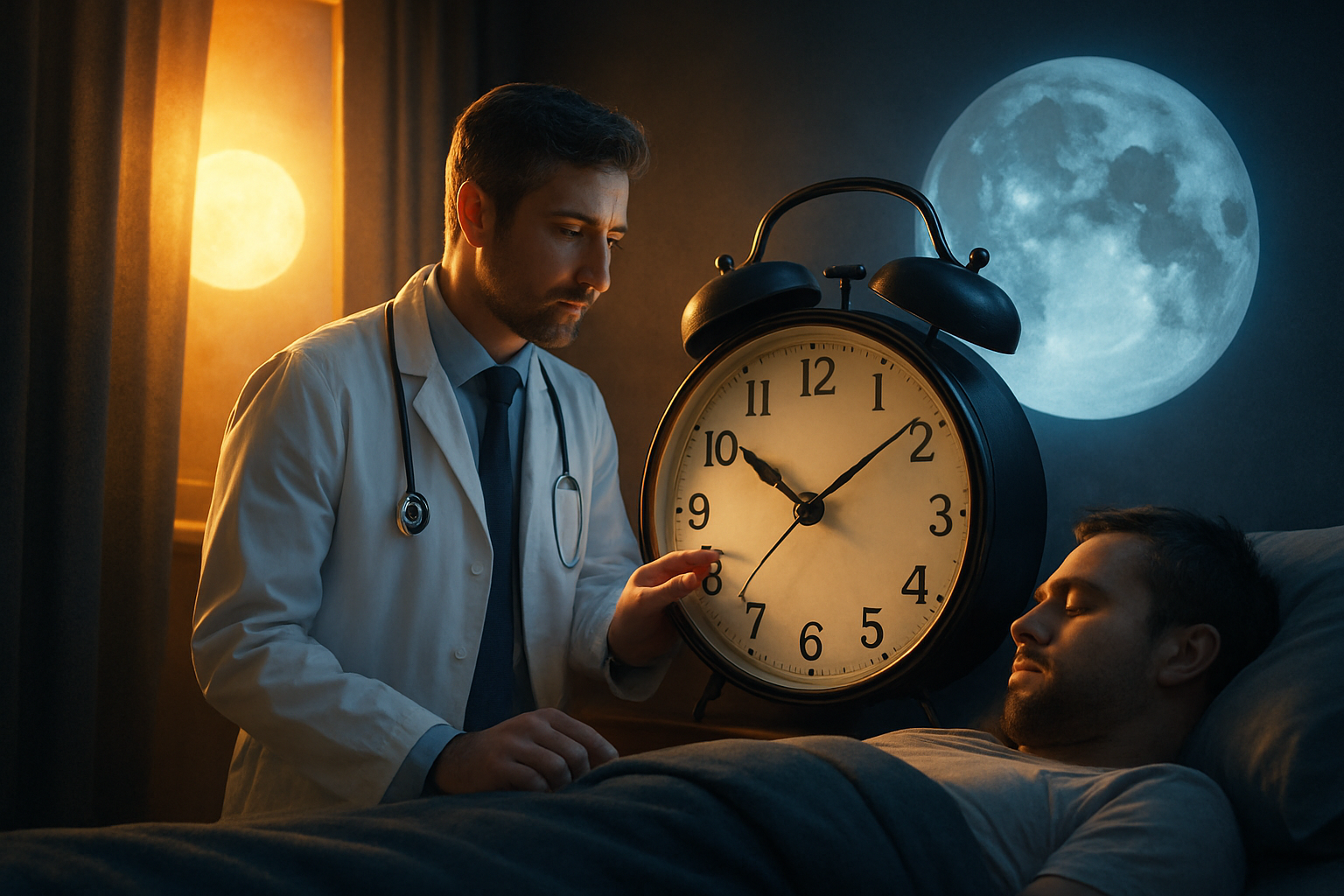Signs of Hypersomnia You Shouldn’t Ignore
Do you constantly feel tired even after a full night’s sleep? Hypersomnia, or excessive daytime sleepiness, can affect your daily life, concentration, and mood. It’s more than just being tired—it may signal an underlying sleep disorder or health issue. This article explores the signs of hypersomnia that you shouldn’t ignore and why recognizing them early can make a real difference.

What are the early symptoms of hypersomnia?
Hypersomnia often creeps up gradually, making it challenging to identify at first. Early symptoms include:
-
Excessive daytime sleepiness, even after sleeping 7-9 hours at night
-
Difficulty waking up in the morning, often requiring multiple alarms
-
Prolonged sleep inertia, feeling groggy and disoriented for hours after waking
-
Unintentionally falling asleep during daytime activities
-
Lack of energy and motivation throughout the day
These symptoms may persist for weeks or months before becoming severe enough to impact daily functioning significantly.
How does hypersomnia differ from regular fatigue?
While everyone experiences occasional tiredness, hypersomnia is distinct from regular fatigue in several ways:
-
Persistence: Hypersomnia symptoms last for at least three months, while regular fatigue is often temporary.
-
Sleep quality: People with hypersomnia may sleep soundly for long periods but still feel unrested, unlike those with regular fatigue who usually feel better after a good night’s sleep.
-
Nap effectiveness: Short naps typically don’t alleviate hypersomnia symptoms, whereas they can help with regular fatigue.
-
Impact on daily life: Hypersomnia significantly affects work, relationships, and overall quality of life, while regular fatigue is usually manageable with lifestyle adjustments.
What are the medical causes of excessive sleepiness?
Several medical conditions can lead to hypersomnia:
-
Sleep disorders: Narcolepsy, sleep apnea, and idiopathic hypersomnia
-
Neurological conditions: Parkinson’s disease, multiple sclerosis, or brain injuries
-
Psychiatric disorders: Depression, anxiety, or bipolar disorder
-
Hormonal imbalances: Hypothyroidism or other endocrine disorders
-
Medications: Certain antidepressants, antihistamines, or pain medications
-
Substance abuse: Alcohol or drug use
Identifying the underlying cause is crucial for effective treatment.
When should you seek help for constant tiredness?
If you experience the following, it’s time to consult a healthcare professional:
-
Excessive daytime sleepiness persists for over three months
-
You regularly fall asleep in inappropriate situations (e.g., while driving or working)
-
Your sleep patterns significantly disrupt your daily life or relationships
-
You experience other symptoms like snoring, sleep paralysis, or sudden muscle weakness
-
Lifestyle changes and improved sleep hygiene don’t alleviate your symptoms
Early intervention can prevent complications and improve your quality of life.
How does hypersomnia affect mental and physical health?
Hypersomnia can have far-reaching effects on both mental and physical well-being:
Mental health impacts:
-
Increased risk of depression and anxiety
-
Cognitive difficulties, including memory problems and decreased concentration
-
Mood swings and irritability
-
Social isolation due to excessive sleepiness
Physical health consequences:
-
Weakened immune system, leading to frequent illnesses
-
Increased risk of obesity due to reduced physical activity
-
Higher chances of developing cardiovascular problems
-
Greater risk of accidents due to impaired alertness
Addressing hypersomnia promptly can mitigate these potential health risks.
What treatments are available for hypersomnia?
Treatment for hypersomnia depends on the underlying cause but may include:
-
Medications: Stimulants, antidepressants, or sodium oxybate
-
Cognitive Behavioral Therapy for Insomnia (CBT-I)
-
Lifestyle modifications: Regular sleep schedule, exercise, and dietary changes
-
Treatment of underlying conditions (e.g., sleep apnea, depression)
-
Light therapy to regulate circadian rhythms
| Treatment | Typical Provider | Estimated Cost Range |
|---|---|---|
| Medications | Primary care physician or sleep specialist | $50-$500+ per month |
| CBT-I | Licensed therapist or psychologist | $100-$200 per session |
| Sleep study | Accredited sleep center | $1,000-$5,000 |
| Light therapy | Self-administered (with doctor’s guidance) | $30-$200 for a light box |
| CPAP therapy (for sleep apnea) | Medical equipment provider | $500-$3,000 for device, plus ongoing supplies |
Prices, rates, or cost estimates mentioned in this article are based on the latest available information but may change over time. Independent research is advised before making financial decisions.
In conclusion, recognizing the signs of hypersomnia early can lead to prompt diagnosis and treatment, significantly improving your quality of life. If you’re experiencing persistent excessive sleepiness, don’t hesitate to seek medical advice. With proper care and management, it’s possible to regain control over your sleep patterns and enjoy more wakeful, productive days.
This article is for informational purposes only and should not be considered medical advice. Please consult a qualified healthcare professional for personalized guidance and treatment.




